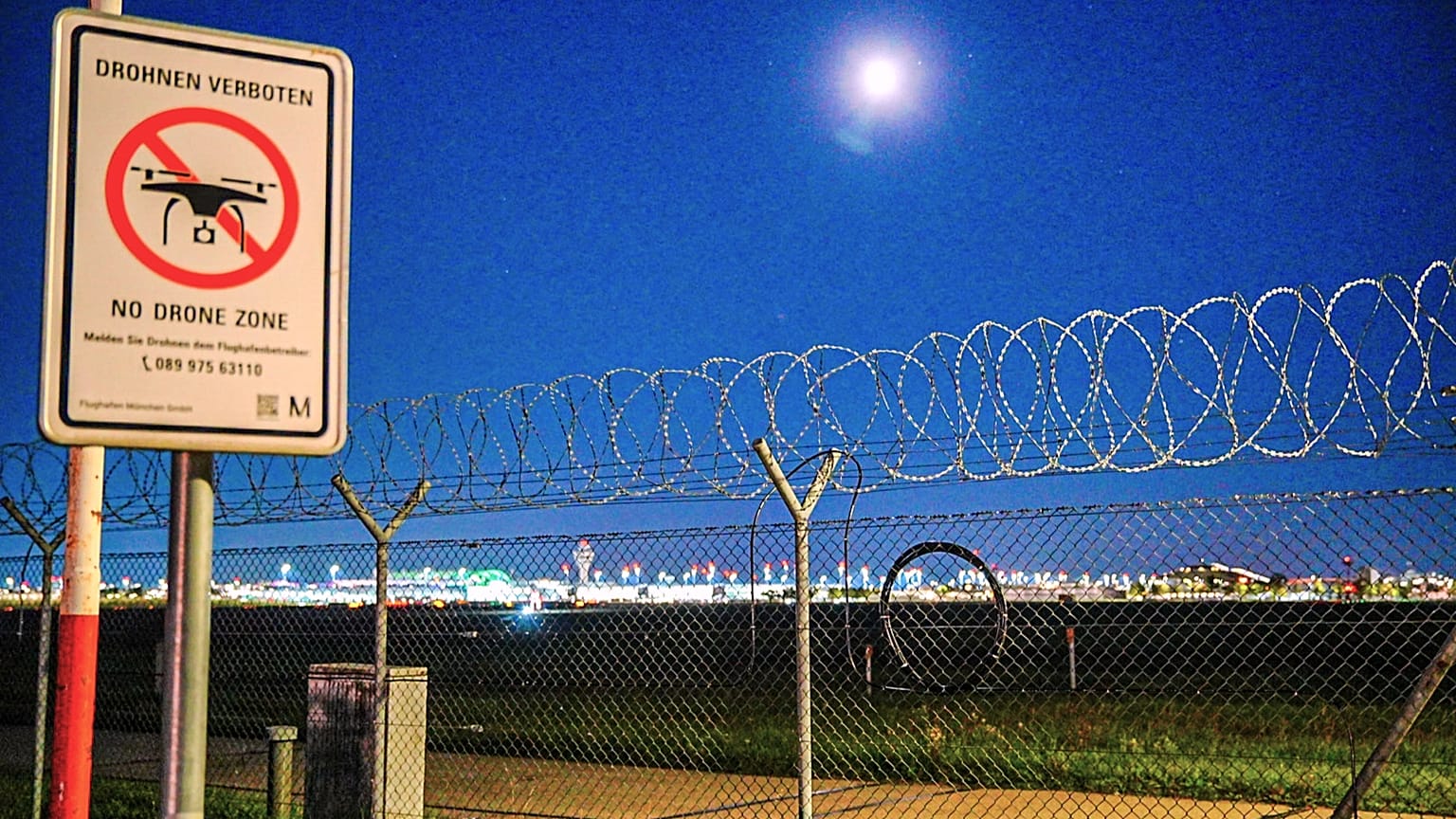Saudi Arabia and Pakistan have established an agreement for mutual defense, marking a strategic shift in regional security as Gulf nations reevaluate their dependence on American protection. This alliance highlights the evolving dynamics in the Middle East and South Asia, with consequences for military collaboration, diplomacy, and geopolitical stability.
The agreement between the two nations arrives amid a backdrop of heightened regional tensions and evolving global alliances. Saudi Arabia, a key player in Gulf politics, has traditionally relied on the United States for security guarantees, particularly in the context of threats from Iran and other regional actors. However, recent uncertainties regarding US engagement in the Middle East have prompted Riyadh to explore alternative partnerships to strengthen its defense capabilities. Pakistan, with its substantial military infrastructure and experience in regional conflicts, emerges as a natural partner in this context, offering both manpower and strategic expertise.
Motivaciones estratégicas detrás del acuerdo
The mutual defense agreement indicates a shared interest between Riyadh and Islamabad. For Saudi Arabia, this pact offers access to skilled military personnel, collaborative exercises, and potential synchronization in defense planning, decreasing dependency on external parties. It also acts as a geopolitical message to the region and the globe, showing that Gulf countries are pursuing varied security strategies amid evolving US policies and perceived uncertainty in Washington’s commitments.
For Pakistan, the agreement provides prospects for enhanced impact in Gulf matters, economic cooperation, and strategic alliances beyond South Asia. Islamabad has traditionally sustained strong military and political relations with Gulf nations, but the stabilization of a defense agreement enhances this bond, establishing Pakistan as an important participant in regional security structures. Experts indicate that this alliance might also include intelligence exchange, collaborative counterterrorism efforts, and military training schemes, bolstering the defense preparedness of both countries.
The importance of the agreement’s timing is notable. Recently, US focus has been shifting more towards the Indo-Pacific, causing some Gulf nations to doubt the steadiness and dependability of US backing. Despite America still keeping military forces in the area, changing foreign policy goals and internal political factors have heightened worries about enduring security assurances. As a result, the Saudi-Pakistani agreement can be interpreted as a strategic step to prepare for possible lapses in US involvement.
Implications for regional security
The mutual defense agreement has immediate and long-term consequences for regional stability. It may act as a deterrent against external threats, signaling to adversaries that Saudi Arabia and Pakistan are prepared to respond jointly to security challenges. In the context of ongoing tensions with Iran, Yemen’s civil conflict, and maritime security in the Gulf, the pact could enhance military coordination and operational readiness.
However, the pact may also trigger shifts in regional alliances. Rival states may perceive the agreement as a realignment of power, prompting recalibrations in defense policies, diplomatic strategies, and strategic investments. Analysts warn that while strengthening bilateral ties, the pact must be carefully managed to avoid exacerbating tensions or prompting an arms race, particularly in a region already characterized by complex geopolitical rivalries.
The pact may also influence the role of multinational organizations and alliances. Cooperation between Saudi Arabia and Pakistan could intersect with Gulf Cooperation Council initiatives, UN peacekeeping efforts, and broader international security frameworks, creating opportunities for joint engagement in multilateral settings. Coordination in these forums can reinforce legitimacy, provide operational support, and enhance diplomatic influence for both countries.
Economic and military dimensions
Más allá de la defensa, el acuerdo tiene implicaciones económicas y logísticas. Los ejercicios militares conjuntos, la adquisición de equipo de defensa y las transferencias de tecnología pueden fomentar la cooperación económica y abrir caminos para inversiones comunes. Arabia Saudita podría aprovechar la experiencia de Pakistán en tecnología militar y entrenamiento, mientras que Pakistán podría obtener contratos de defensa, financiamiento y oportunidades para el desarrollo de infraestructura.
The military dimension of the pact may include deployment of troops, establishment of training facilities, and integration of command structures for coordinated responses. While specifics remain largely confidential, experts suggest that the agreement reflects a commitment to shared strategic objectives and enhanced operational interoperability. This level of cooperation not only strengthens defense capabilities but also sends a message of unity and resilience to external observers.
Furthermore, the agreement might have secondary impacts on the security of energy in the region. The oil and gas facilities in the Gulf are crucial for international markets, and this deal could enhance security measures, guaranteeing uninterrupted production and exports. Stability in these areas advantages not only the countries involved but also global partners and investors depending on consistent energy supplies from the area.
International implications and worldwide scenario
The agreement between Saudi Arabia and Pakistan could alter diplomatic strategies, both at a regional and global level. It highlights the Gulf nations’ interest in forming strategic alliances outside of their traditional Western partnerships, indicating a period of varied security frameworks. This transformation might prompt additional countries to seek comparable deals, focusing on self-sufficiency, regional cooperation, and multilateral interaction.
For the United States, the advancement signifies both an obstacle and a potential. Although the agreement shows that Gulf nations are looking to diversify beyond reliance on US military aid, it also creates avenues for the US to participate in fresh regional initiatives, possibly fostering three-way collaborations or combined drills involving American troops. Diplomatic endeavors might concentrate on harmonizing goals while honoring the independent defense choices of Gulf countries.
Globally, the agreement may affect power dynamics in South Asia, the Middle East, and broader international relations. With Pakistan positioned as a key partner in Gulf security, the nation’s strategic influence expands, potentially impacting negotiations, alliances, and conflict resolution initiatives in adjacent regions. Observers note that this arrangement could also influence international defense markets, arms trade agreements, and regional military procurement strategies.
An intricate approach
As Saudi Arabia and Pakistan put their shared defense agreement into effect, attention will center on putting the pact into action, improving combined capabilities, and preserving equilibrium within regional intricacies. Both countries must steer through difficulties like synchronizing military actions, merging intelligence systems, and handling community perceptions. Achievement will hinge on effective communication, unified strategic goals, and compliance with the legal and diplomatic principles that steer international security partnerships.
The pact highlights broader trends in global geopolitics, including the diversification of security partnerships, the reassessment of traditional alliances, and the emphasis on regional self-reliance. As Gulf states adapt to shifting strategic landscapes, collaborations like the Saudi-Pakistani defense agreement may become increasingly common, reflecting evolving priorities in military readiness, economic stability, and diplomatic influence.
In the end, the arrangement highlights the intricate dynamics between national security, regional partnerships, and worldwide diplomacy. By enhancing their defense collaboration, Saudi Arabia and Pakistan not only tackle urgent security issues but also help to mold a new epoch of strategic alliances, characterized by adaptability, cooperation, and active involvement, which frame the outlines of regional stability.






